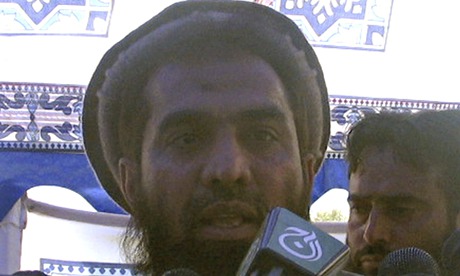Narendra Modi’s first six months in office reflected “achhe sitare” (lucky stars) more than “achhe din” (good days). But luck can turn nastily. Suddenly, dark global clouds over Russia (and maybe even China) signal the risk of “bure din” (bad days) ahead.
Is last week’s rouble collapse the start of a debacle like the 1997-99 Asian Financial Crisis? Will the Chinese slowdown end in a hard landing? The chances are probably no more than 10-15%, but India could suffer serious pain.
The 1997-99 crisis was sparked by the exit of foreign investors from all emerging markets, causing currencies and commodity prices to crash. Russia and other countries defaulted on foreign debt. The crisis spread globally, exposing all emerging markets as brothers in vulnerability.
Last week, the Russian rouble, once worth 30 to the dollar, collapsed to 70 before recovering a bit to 60. The slide began with western sanctions, was exacerbated by falling oil prices, but became a debacle only when panicky investors (and Russians) began fleeing roubles for dollars. This crisis is one of finance more than oil.
Other emerging market currencies have also fallen, from 5% for India to 15% for Turkey. Crashing oil prices threaten to bankrupt Venezuela and Nigeria. If any countries default on foreign debt, the contagion could infect many emerging markets (as in 1997).
China has slowed from 12% growth to a projected 7.5% this year. Even this estimate looks inflated, says analyst Ruchir Sharma: growth of car and electricity sales is just 2%, and demand growth for steel and oil is zero. This is the biggest reason for the halving of prices of iron ore, coal and oil. China’s high growth boosted all world economies in the 2000s. Its slowdown may sink them.
Indians are delighted with the fall in oil and food prices. Wholesale price inflation is zero. What’s not to like? Alas, if commodity prices fall enough to wreck important economies, panic can cause global finance to flee all emerging markets, sinking country after country. What started as a Thai financial crisis in 1997 snowballed into a gigantic collapse of all emerging economies. This caused India’s GDP and industrial growth to crash, many companies went bust, and the Sensex halved from its peak. The rupee fell from Rs 35 to 49 per dollar between 1997 and 2001.
Today, India and all other emerging markets today are much better prepared to face a financial crisis. They have substantial forex reserves, lower current account deficits and foreign debt ratios, and bigger contingency borrowing arrangements. Yet some (notably Russia, Nigeria and Venezuela) look vulnerable.
West Asian oil exporters are major destinations for Indian exports and labour, so crashing oil prices can mean a steep fall in India’s exports to and remittances from the Gulf. This will be offset by cheaper oil imports, but the equilibrium may be reached at a slower GDP growth rate.
Foreigners find western bond yields very low, and so have invested over $5 trillion in higher-interest bonds in emerging markets like India. But when the local currency begins to depreciate, bond investors rush out: their potential currency losses far outweigh potential gains from higher interest rates. That outflow was evident last week.
Global finance may be poised to exit from emerging markets anyway with the end of quantitative easing and expected rise in US interest rates in mid-2015. Remember, when the Fed indicated higher interest rate in August 2013, a tidal wave of dollars exited all emerging markets. This took the rupee from Rs 55 to Rs 68 per dollar and the Sensex crashed. That panic subsided in a few months. The Fed said it would not raise rates for quite some time. Money flooded back into India and other emerging markets in 2014. Modi’s victory and the promise of reform made India a global favourite, and dollars flowed in.
Can global events now spark another panicky outflow of 2013 magnitude, driving down the rupee and stock markets? It’s possible, though not probable. Of the $43 billion of foreign financial inflows in 2014, $36 billion went into bonds. So a bond outflow could be very large. India is much better paced to withstand this than it was last year, yet could suffer a lot.
Let’s not overdo alarmism. Today’s financial panic may subside and be reversed, just as in late 2013. The US Fed may decide not to raise interest rates in 2015 given ultra-low inflation. So, emerging market currencies and stock markets may rise again.
Yet we stand warned. Optimists like finance minister Jaitley predict 6.5% GDP growth for India next year.
But none should assume a painless upward path. We can hope for achhe din, but must prepare for the possibility of bure din.



